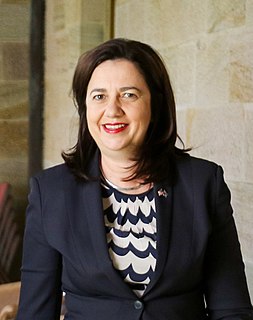A Quote by Michelle Alexander
Black men in ghetto communities (and many who live in middle class communities) are targeted by the police at early ages, often before they're old enough to vote. They're routinely stopped, frisked, and searched without reasonable suspicion or probable cause.
Related Quotes
The gun epidemic is the leading cause of death of young African- American men, more than the next nine causes put together. So we have to do two things, as I said. We have to restore trust. We have to work with the police. We have to make sure they respect the communities and the communities respect them.
Not only the brothers on the street but the middle class brothers are also identifying with the gangster rappers because of the extent to which this music circulates. It becomes possible for the - not only the young middle class men, but it becomes possible for young middle class white men and young men of other racial communities to identify with the misogyny of gangster rap.
Here's what I learned as a mayor and a governor. The way you make communities safer and the way you make police safer is through community policing. You build the bonds between the community and the police force, build bonds of understanding, and then when people feel comfortable in their communities, that gap between the police and the communities they serve narrows. And when that gap narrows, it's safer for the communities and it's safer for the police.
Latino actors and actresses have had to struggle for decades, but when I came around with Real Women Have Curves, attitudes were starting to change. We screened the film all over the world - in Jewish communities, black communities, Greek communities, German communities - and people across the board said, "That's my family."
You build the bonds through the community and police force, build bonds of understanding, and then when people feel comfortable in their communities, that gap between the police and the communities they serve narrows. And when that gap narrows, it's safer for the communities and it's safer for the police.
Mass incarceration is a policy that's kind of built up over the last four decades and it's destroyed families and communities, and something we need to change. And it's fallen disproportionally on black and brown communities, especially black communities, and it's kind of a manifestation of structural racism.


































